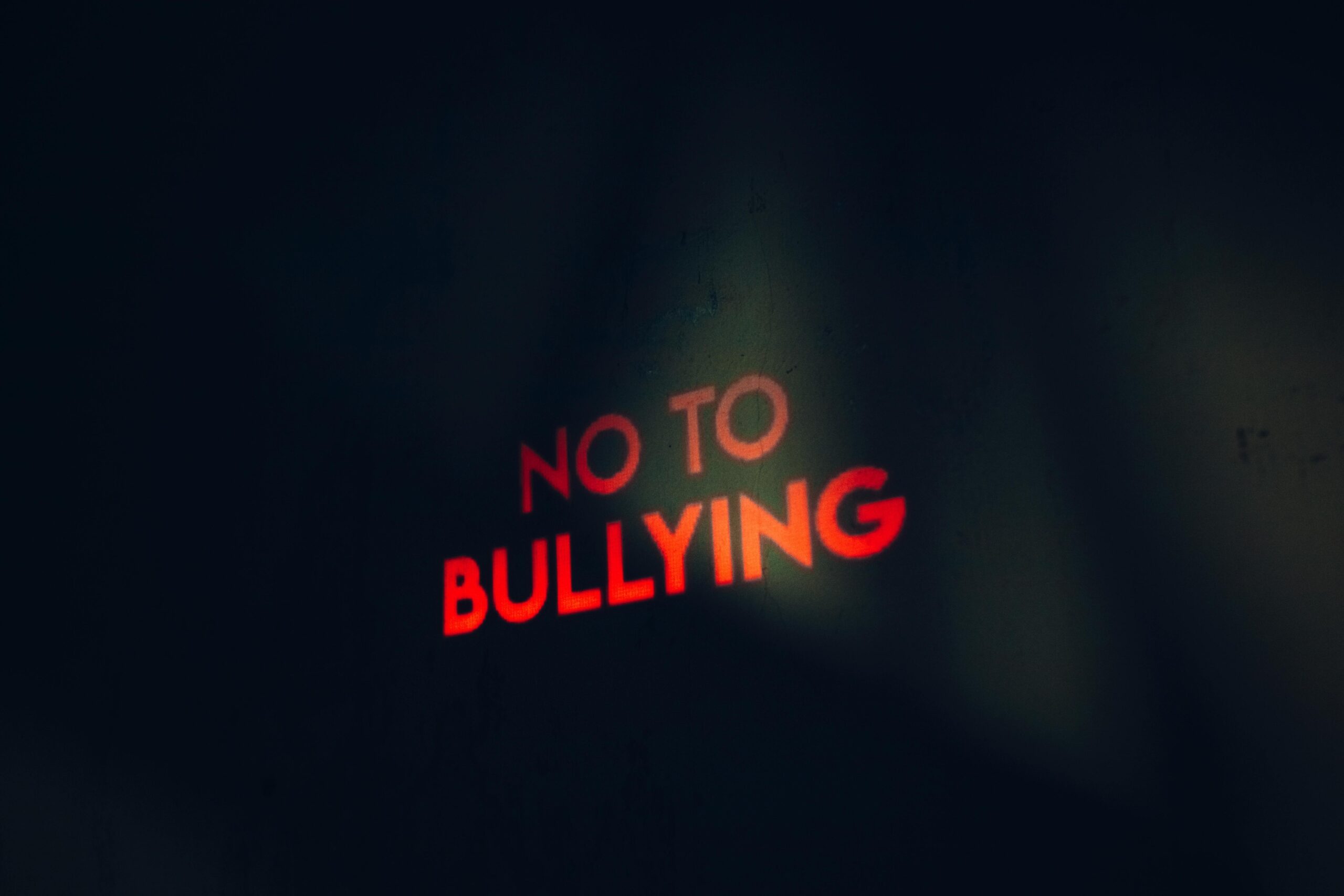Every purchase we make sends ripples through the global economy, environment, and society—a reality that’s reshaping how millions approach consumption today.
🧠 The Cognitive Architecture of Conscious Consumption
The human brain processes approximately 35,000 decisions daily, yet most purchasing choices happen on autopilot. Ethical consumption disrupts this automaticity, engaging our prefrontal cortex—the region responsible for complex decision-making and moral reasoning. When we pause to consider the origins of our coffee beans or the working conditions behind our smartphone, we’re activating neural pathways that connect personal actions with broader consequences.
Research in consumer psychology reveals that ethical decision-making involves a sophisticated interplay between emotional responses and rational evaluation. The limbic system triggers empathy when we learn about environmental degradation or labor exploitation, while our cognitive centers assess practical considerations like price, quality, and convenience. This tension between heart and mind defines the modern consumer experience.
Neuroimaging studies show that making prosocial purchasing decisions activates the brain’s reward centers similarly to receiving money or eating chocolate. This “warm glow” effect explains why ethical consumption can feel inherently satisfying, even when it requires sacrifice. The psychological payoff transcends material acquisition, tapping into our fundamental need for purpose and meaning.
🌍 From Personal Values to Global Impact
The journey from individual values to purchasing behavior involves several psychological stages. First comes awareness—recognizing that consumption choices have consequences beyond immediate gratification. This cognitive awakening often follows exposure to documentary films, news reports, or personal experiences that illuminate hidden supply chain realities.
Next arrives the attitude formation phase, where general awareness crystallizes into specific beliefs about right and wrong. Someone might develop strong convictions about animal welfare, climate change, or fair labor practices. These attitudes become part of personal identity, influencing how individuals see themselves and wish to be perceived by others.
The final stage—behavioral commitment—proves most challenging. Psychological research identifies a persistent “value-action gap” where stated beliefs don’t always translate into consistent behavior. Understanding this disconnect reveals crucial insights about human motivation and the barriers to sustainable lifestyle changes.
The Intention-Behavior Bridge
Why do people who care about sustainability still buy fast fashion? Why do environmentally-conscious consumers drive gas-guzzling vehicles? The answers lie in competing psychological forces that shape real-world decisions.
Convenience bias represents a powerful obstacle. Our brains evolved to conserve cognitive energy, preferring familiar, effortless choices over complicated alternatives. When ethical options require extra research, higher prices, or lifestyle adjustments, mental resistance naturally emerges. This explains why sustainable products must overcome not just price premiums but psychological friction.
Social norms exert tremendous influence over consumption patterns. Humans are tribal creatures who unconsciously mirror the behaviors of their peer groups. When sustainable choices remain outside mainstream practice, individuals face implicit pressure to conform to conventional consumption habits, even when personal values point elsewhere.
💡 The Psychology of Choice Architecture
Behavioral economics demonstrates that how choices are presented dramatically affects decisions. This principle applies powerfully to ethical consumption, where subtle environmental cues can nudge behavior toward or away from sustainable options.
Default settings prove particularly influential. When eco-friendly options appear as standard choices rather than alternatives requiring active selection, adoption rates soar. Airlines that automatically offset carbon emissions unless customers opt out achieve far higher participation than those requiring deliberate enrollment. This reflects our tendency toward cognitive ease—the path of least resistance shapes outcomes more than we’d like to admit.
Framing effects also matter enormously. Describing a product as “80% sustainably sourced” generates different responses than “20% unsustainable materials,” despite identical information. Positive framing activates approach motivation, while negative framing triggers avoidance—two distinct psychological pathways with different behavioral consequences.
The Power of Transparency and Traceability
Information availability fundamentally alters ethical consumption dynamics. When supply chains remain opaque, consumers can maintain comfortable ignorance about production conditions. Transparency disrupts this psychological buffer, forcing confrontation with uncomfortable realities.
Modern technology enables unprecedented visibility into product origins. Blockchain systems track items from raw materials through manufacturing to retail shelves. QR codes connect shoppers with farmer profiles, factory conditions, and environmental impact data. This informational empowerment shifts psychological dynamics, making ethical considerations unavoidable.
However, information overload presents its own challenges. When confronted with excessive data about certifications, ratings, and impact metrics, consumers experience decision paralysis. The brain’s limited processing capacity struggles with complexity, often defaulting to familiar brands or lowest prices when overwhelmed. Effective ethical consumption systems must balance transparency with digestibility.
🌱 Identity and Self-Concept in Consumption Choices
Purchasing decisions serve as identity signals—both to ourselves and others. This symbolic dimension of consumption explains why brand choices often transcend functional considerations. We buy not just products but reflections of who we are or aspire to become.
Ethical consumption offers powerful identity benefits. Choosing fair trade coffee or cruelty-free cosmetics allows individuals to embody values of compassion, responsibility, and global citizenship. These purchases become expressions of authentic selfhood, aligning external actions with internal beliefs. This psychological congruence generates satisfaction that purely material goods cannot provide.
The concept of “moral licensing” introduces complexity into this dynamic. Research shows that people who make ethical choices sometimes subsequently engage in less virtuous behavior, as if the initial good deed grants permission for later indulgence. Someone who buys organic vegetables might feel entitled to a wasteful purchase elsewhere, psychologically balancing their moral ledger.
Social Identity and Consumption Communities
Ethical consumption increasingly connects to group membership. Communities form around shared values—vegans, zero-wasters, conscious fashionistas—creating social ecosystems that reinforce sustainable behaviors through belonging and recognition.
These communities provide crucial psychological support. They normalize behaviors that mainstream society might view as extreme or inconvenient. They offer practical knowledge about where to find ethical alternatives and how to navigate sustainable living challenges. Perhaps most importantly, they satisfy fundamental human needs for connection and collective purpose.
Social media amplifies these dynamics, creating visible platforms for ethical consumption practices. Instagram feeds showcasing minimal waste lifestyles or sustainable fashion choices inspire followers while providing accountability for practitioners. The performative aspect of online sharing can seem superficial, yet it serves genuine psychological functions—reinforcing commitment, building community, and spreading awareness.
🔄 The Circular Economy Mindset
Traditional consumer psychology assumes linear product lifecycles—purchase, use, dispose. The circular economy demands a fundamental cognitive shift, reimagining products as temporary stewards of materials that continue circulating through regenerative systems.
This mindset transformation challenges deeply ingrained ownership concepts. Subscription models, rental services, and product-as-service arrangements require accepting access over possession—psychologically difficult in cultures that equate ownership with success and security. Yet younger generations show increasing comfort with these models, suggesting evolving consumer consciousness.
Repair culture represents another circular economy dimension with profound psychological implications. Fixing broken items rather than replacing them contradicts modern consumption habits but offers deep satisfaction. The act of repair builds connection with possessions, transforming anonymous mass-produced goods into personally meaningful objects with histories and character.
📊 Measuring Impact: The Numbers Behind Conscious Choices
Understanding ethical consumption’s real-world effects helps bridge the psychological gap between individual actions and global outcomes. While single purchases seem insignificant, collective behavior shifts create measurable change.
Consider the fashion industry, responsible for approximately 10% of global carbon emissions and 20% of wastewater. When consumers extend garment lifespans from one to two years, environmental impact drops dramatically. Similarly, food choices carry enormous consequences—animal agriculture generates more greenhouse gases than all transportation combined. Individual dietary shifts, multiplied across populations, yield substantial environmental benefits.
Fair trade certification demonstrates measurable social impacts. Studies show participating farmers earn higher incomes, invest more in education and healthcare, and experience improved working conditions. These tangible outcomes validate the premise that consumer choices influence distant lives, strengthening psychological motivation for continued ethical purchasing.
The Psychological Weight of Climate Anxiety
Environmental awareness increasingly triggers psychological distress, particularly among younger demographics. “Climate anxiety” or “eco-anxiety” describes chronic worry about ecological catastrophe and feelings of helplessness about addressing planetary crises.
Ethical consumption offers psychological relief from this anxiety by providing concrete actions within individual control. While no single person can solve climate change, choosing sustainable products creates agency and purpose. This empowerment effect shouldn’t be dismissed—mental health requires balancing awareness of problems with belief in solutions.
However, this relationship cuts both ways. When ethical consumption becomes the primary climate response, it risks replacing necessary systemic changes with individual responsibility. Psychologically, this misplaced burden can deepen anxiety rather than relieving it, particularly when personal sacrifices seem negligible against corporate and governmental inaction.
🎯 Overcoming Barriers to Ethical Consumption
Despite growing awareness and good intentions, numerous obstacles impede widespread adoption of ethical consumption practices. Understanding these barriers through psychological lenses suggests strategies for overcoming them.
Cost concerns represent the most commonly cited barrier. Ethical products often carry premium prices reflecting true production costs—fair wages, environmental protections, quality materials. For budget-conscious consumers, these premiums create genuine hardship. However, psychological framing matters: viewing sustainable purchases as investments rather than expenses shifts mental accounting, as does calculating long-term costs including durability and health impacts.
Accessibility challenges extend beyond price. Ethical alternatives may be unavailable in certain geographic areas or demographic markets. This availability gap has psychological consequences—when sustainable choices require extraordinary effort, motivation wanes. Behavioral consistency depends on reducing friction, making ethical options the convenient default rather than the difficult exception.
Combating Greenwashing and Building Trust
Corporate greenwashing—misleading marketing that exaggerates environmental credentials—undermines consumer trust and confuses ethical decision-making. When companies deploy sustainability language without substantive action, they exploit consumer goodwill while obscuring genuinely responsible alternatives.
This deceptive landscape creates psychological challenges. Consumers must approach marketing claims with skepticism, yet excessive cynicism produces paralysis and disengagement. Building discernment requires education about certification standards, supply chain transparency, and corporate accountability mechanisms.
Third-party certifications help navigate this complexity. Labels like B Corporation, Fair Trade, and LEED provide independent verification of ethical claims, reducing cognitive burden. However, the proliferation of competing certification systems introduces new confusion, suggesting the need for harmonization and simplification.
🚀 Technology as an Enabler of Conscious Consumption
Digital tools increasingly support ethical purchasing decisions by providing information, building communities, and simplifying sustainable living. Mobile applications can scan product barcodes to reveal ethical ratings, environmental impacts, and alternative recommendations.
These technological aids reduce the psychological friction that prevents ethical consumption. Rather than requiring extensive research before each purchase, consumers access instant guidance aligned with their values. This convenience factor addresses the cognitive load problem—ethical choices become easier, not harder, than conventional alternatives.
Gamification elements in sustainability apps tap into psychological principles of motivation and reward. Tracking carbon footprints, earning badges for sustainable behaviors, and comparing progress with friends activates competitive instincts and achievement drives that reinforce positive habits.
💫 Creating Lasting Behavioral Change
Transitioning to ethical consumption patterns represents genuine lifestyle transformation, not superficial adjustment. Psychological research on habit formation offers insights into sustaining these changes beyond initial enthusiasm.
Starting small proves more effective than dramatic overhauls. Selecting one consumption category—perhaps coffee, cleaning products, or clothing—for ethical transformation allows focused attention and gradual learning. Success in limited domains builds confidence and momentum for expanding into other areas.
Implementation intentions strengthen follow-through. Rather than vague commitments like “buy more sustainable products,” specific plans like “purchase only certified organic produce at Saturday farmers market” create clear action pathways. This specificity bypasses the deliberation fatigue that undermines general intentions.
Social accountability mechanisms enhance commitment. Sharing goals with friends, joining challenge groups, or publicly documenting progress activates our desire for consistency and social approval. These external structures compensate for inevitable motivation fluctuations, maintaining behavior when internal drive weakens.
🌟 The Collective Psychology of Market Transformation
Individual consumer choices accumulate into market signals that reshape corporate behavior and industrial practices. This collective dimension of ethical consumption carries profound psychological significance—personal actions contribute to systemic change.
When ethical products achieve market viability, they trigger competitive responses. Mainstream companies adopt sustainable practices not from altruism but from economic necessity as consumer preferences shift. This market mechanism translates individual values into institutional transformation, amplifying personal impact beyond immediate purchases.
The visibility of ethical consumption trends matters psychologically. When sustainable choices move from fringe practices to mainstream behaviors, social norms shift dramatically. Early adopters face social friction and limited options, but as movements gain momentum, ethical consumption becomes easier and more socially reinforced—a positive feedback loop accelerating change.

🎭 The Future of Conscious Consumption
Generational shifts suggest ethical consumption will continue growing. Younger demographics demonstrate stronger environmental and social consciousness, with values increasingly influencing purchasing decisions. This trend reflects both educational efforts and lived experience with climate change consequences.
Technology will likely deepen ethical consumption integration, making sustainability data ubiquitous and invisible. Imagine artificial intelligence automatically filtering shopping options by ethical criteria, or augmented reality displaying supply chain information when viewing products. These advances could make unconscious ethical consumption possible—default rather than deliberate.
Regulatory frameworks will shape this evolution. As governments mandate transparency, restrict harmful practices, and incentivize sustainability, the legal architecture supporting ethical consumption will strengthen. These structural changes reduce individual burden while accelerating market transformation toward responsible production systems.
The psychology behind ethical consumption reveals fundamental truths about human nature—our capacity for empathy, our responsiveness to social norms, our need for meaning and purpose. Understanding these psychological dynamics helps individuals make choices aligned with their values while illuminating pathways toward collective transformation. Every purchase represents a vote for the world we want to create, and increasingly, consumers are recognizing their power to shape that future through mindful choices that ripple far beyond the checkout counter.
Toni Santos is a behavioural economics researcher and decision-science writer exploring how cognitive bias, emotion and data converge to shape our choices and markets. Through his studies on consumer psychology, data-driven marketing and financial behaviour analytics, Toni examines the hidden architecture of how we decide, trust, and act. Passionate about human behaviour, quantitative insight and strategic thinking, Toni focuses on how behavioural patterns emerge in individuals, organisations and economies. His work highlights the interface between psychology, data-science and market design — guiding readers toward more conscious, informed decisions in a complex world. Blending behavioural economics, psychology and analytical strategy, Toni writes about the dynamics of choice and consequence — helping readers understand the systems beneath their decisions and the behaviour behind the numbers. His work is a tribute to: The predictable power of cognitive bias in human decision-making The evolving relationship between data, design and market behaviour The vision of decision science as a tool for insight, agency and transformation Whether you are a marketer, strategist or curious thinker, Toni Santos invites you to explore the behavioural dimension of choice — one insight, one bias, one choice at a time.




